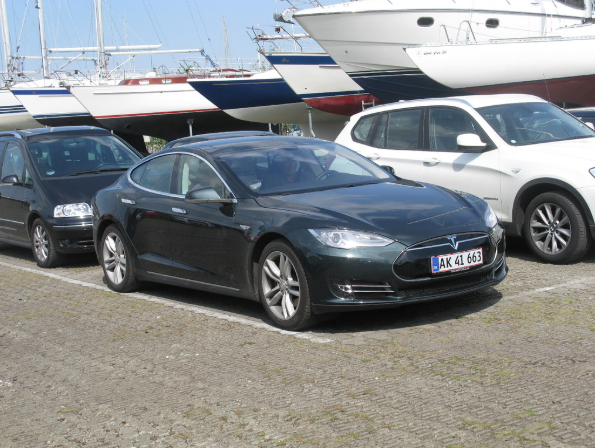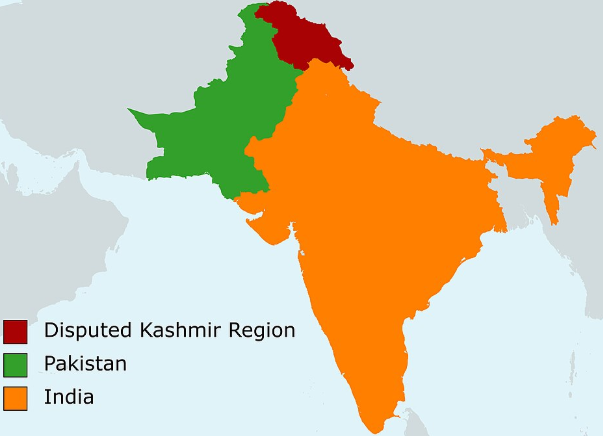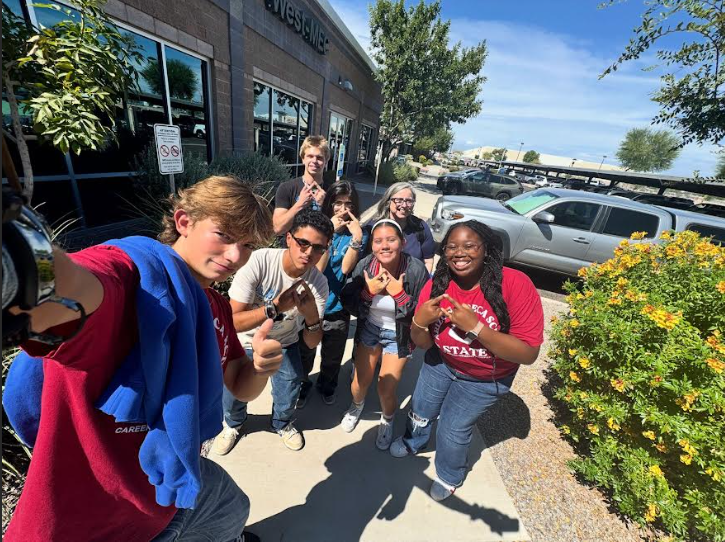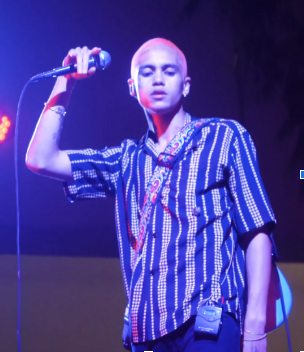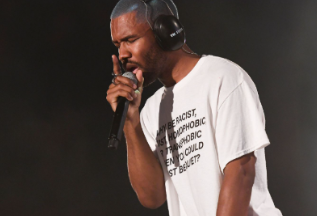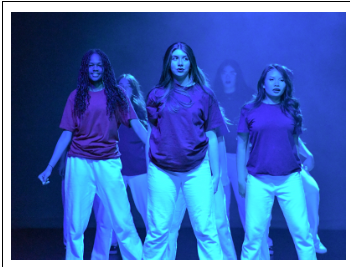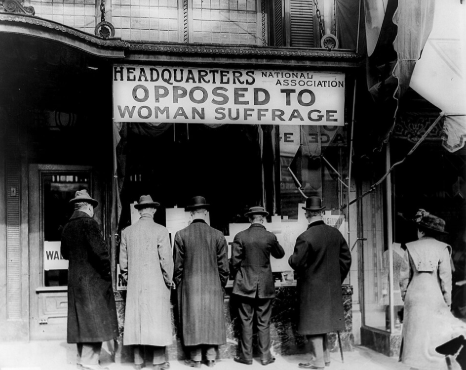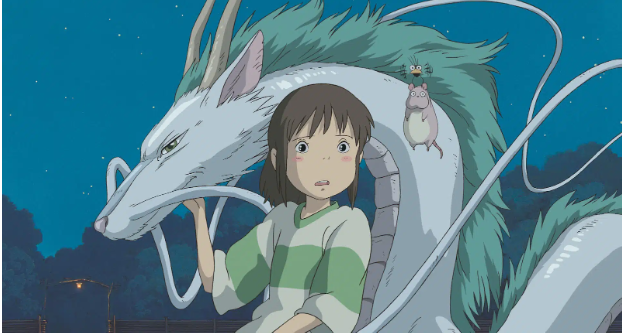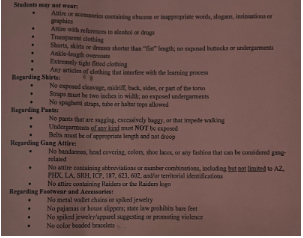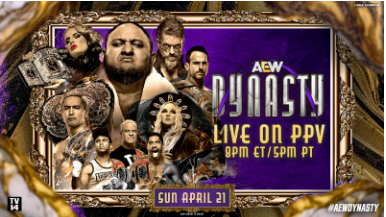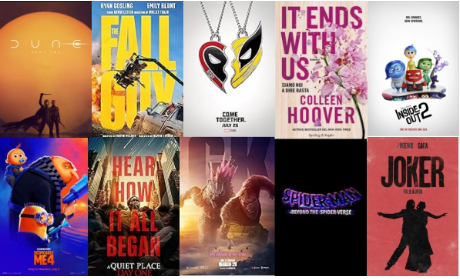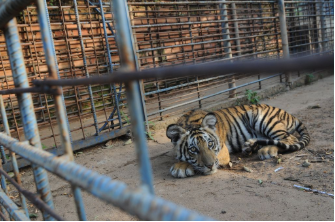With the rise of Tiktok and other social media platforms, it comes as no surprise that all age ranges actively participate in it. This includes Generation Alpha: people born between 2010-2025. With kids as young as Generation Alpha using social media, parents raise concerns regarding the negative influence of these platforms on their kids.
As technology has grown in popularity, parents have grown accustomed to giving their kids tablets and phones. “Even without the COVID-19 pandemic, most of Gen Alpha would have had greater access to digital technology than any generation prior. Gen Alpha is growing up in a world in which streaming, voice-activated assistants, social media, and smartphones are normal parts of life,” says therapist.com.
Consequently, Generation Alpha actively uses their phones or tablets as an outlet to pass time. They rely on apps like social media to cure boredom at home or during school. By having a device that can cure boredom at any point in time, these children are unable to build tolerance of less-than-ideal experiences. Psychologist Stephanie Lee reiterates this point, stating, “Life requires us to manage our frustrations and regulate our emotions when things aren’t going our way, and boredom is a great way to teach that skill” (childmind.org). Furthermore, these children do not pay attention to the material taught in class due to their continued use of their phones, causing them to struggle with simple tasks such as reading.
In addition to social media affecting Generation Alpha’s learning, the children are easily influenced by posts online, feeling a necessarily obligation to go along with certain trends in order to fit in with the crowd.
A post from @haleyhanson_ went viral on Tiktok for sharing a niece’s Christmas list. Haley makes a point to emphasize her niece’s request for Drunk Elephant skincare products due to “some red dots on her face.” Many commenters express the same concerns with their young nieces and/or daughters sharing the same reason for using Drunk Elephant skincare.
Additionally, influencers promote the brand, further ingraining the idea young girls should use these products. As a result, young girls have flooded makeup stores like Sephora, shopping for expensive skincare products catered to adults. But so what? If a young girl wants Drunk Elephant products, where is the harm in that? Many young girls experimented with skincare when they were younger, so this should not present issues, right?
The issue regarding young pre-teens buying Drunk Elephant goes beyond young girls wanting clear skin. In a Tiktok posted by @x3ll3nx, an employee at Sephora, the user addresses her concerns regarding kids buying Drunk Elephant. She discusses how damaging it is to young girls’ skin because the products are specifically designed for anti-aging in adults.
With social media disrupting student learning and setting up young girls to buy skincare products that damage their skin, the subject raises an important question: should Generation Alpha have access to these apps, or the internet in general? Or phones, which are mobile internet? Should it be controlled? How much is healthy, and how much is unhealthy? Does a person have the right to make bad decisions, and does their age affect whether they have that right or not?

